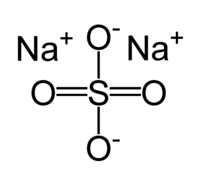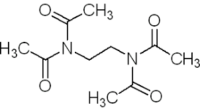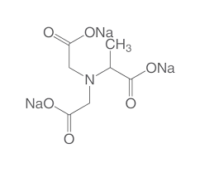
Sodium sulphate
What is Sodium Sulphate?
Sodium Sulphate, also known as sodium sulfate or Glauber’s salt, is a chemical compound with a variety of applications across different industries. It is a white, odorless crystalline solid that is highly soluble in water. Sodium sulfate is derived from both natural and synthetic sources and has been utilized for centuries due to its versatility and beneficial properties.
Applications of Sodium Sulphate
- Detergent Industry: Sodium sulfate is a crucial component in the manufacturing of powdered detergents and soaps. It acts as a filler and helps control the density and flow properties of these products.
- Textile Industry: In the textile sector, sodium sulfate is used in dyeing processes. It aids in evenly dispersing dyes and preventing the formation of dye clumps on fabrics.
- Pulp and Paper Industry: Sodium sulfate is employed in the pulping and papermaking process. It acts as a cooking liquor in the kraft pulping method, helping to break down wood fibers.
- Glass Industry: It is used in the glass manufacturing process to reduce the melting point of silica, making it easier to shape and mold glass products.
- Chemical Industry: Sodium sulfate is a common reagent in various chemical reactions and laboratory processes, including the synthesis of other chemicals.
- Food Industry: In the food industry, it is used as a food additive (E number E514) to enhance the texture and stability of certain food products.
- Construction: It is used in the production of drywall and plasterboard to control the setting time of gypsum-based compounds.
Sodium Sulphate: Benefits
The utility of Sodium Sulphate can be attributed to several key advantages:
- Affordability: Sodium sulfate is cost-effective, making it an attractive option for industries that require large quantities of the compound.
- Versatility: Its wide range of applications across different industries highlights its versatility as a chemical compound.
- Eco-Friendly: Sodium sulfate is non-toxic and environmentally friendly, posing minimal harm to ecosystems when handled and disposed of properly.
- Effective Dyeing Agent: In the textile industry, it aids in achieving uniform and vibrant colors in fabrics during the dyeing process.
- Regulatory Approval: It has been approved for use in various industries by regulatory agencies, ensuring its safety and suitability for its intended applications.
How Sodium Sulphate is Made
The production of Sodium Sulphate involves two primary methods:
- Natural Production: Sodium sulfate can be found naturally in underground deposits or as a byproduct of certain industrial processes, such as the production of hydrochloric acid. It is extracted from these sources and refined for various applications.
- Synthetic Production: The synthetic method involves the reaction of sodium chloride (table salt) with sulfuric acid. This process produces sodium sulfate and hydrochloric acid as byproducts. The sodium sulfate is then purified and crystallized.
In conclusion, Sodium Sulphate is a versatile compound with a wide range of applications in industries ranging from textiles to detergents and beyond. Its cost-effectiveness, environmental friendliness, and effectiveness in various processes make it an invaluable component in many manufacturing and industrial processes. Understanding its benefits and production methods underscores its significance in modern industrial and commercial applications.
Where can I buy Sodium sulphate in Europe ?
Contact us for Sodium sulphate availability and prices



